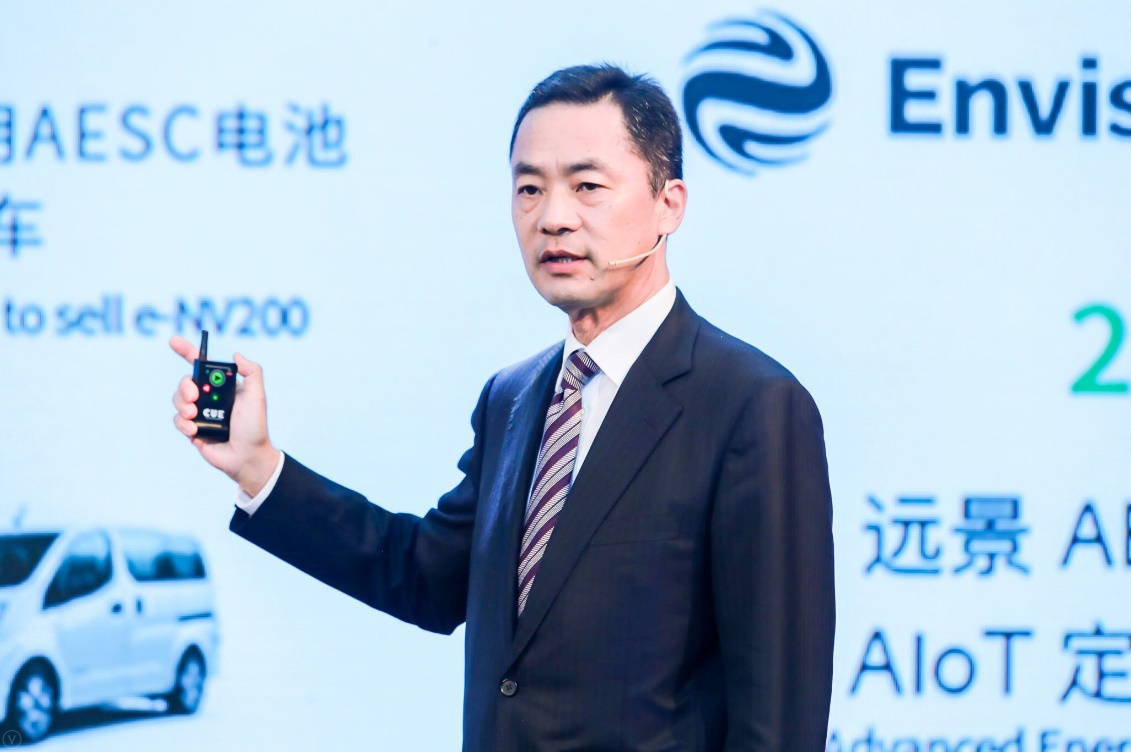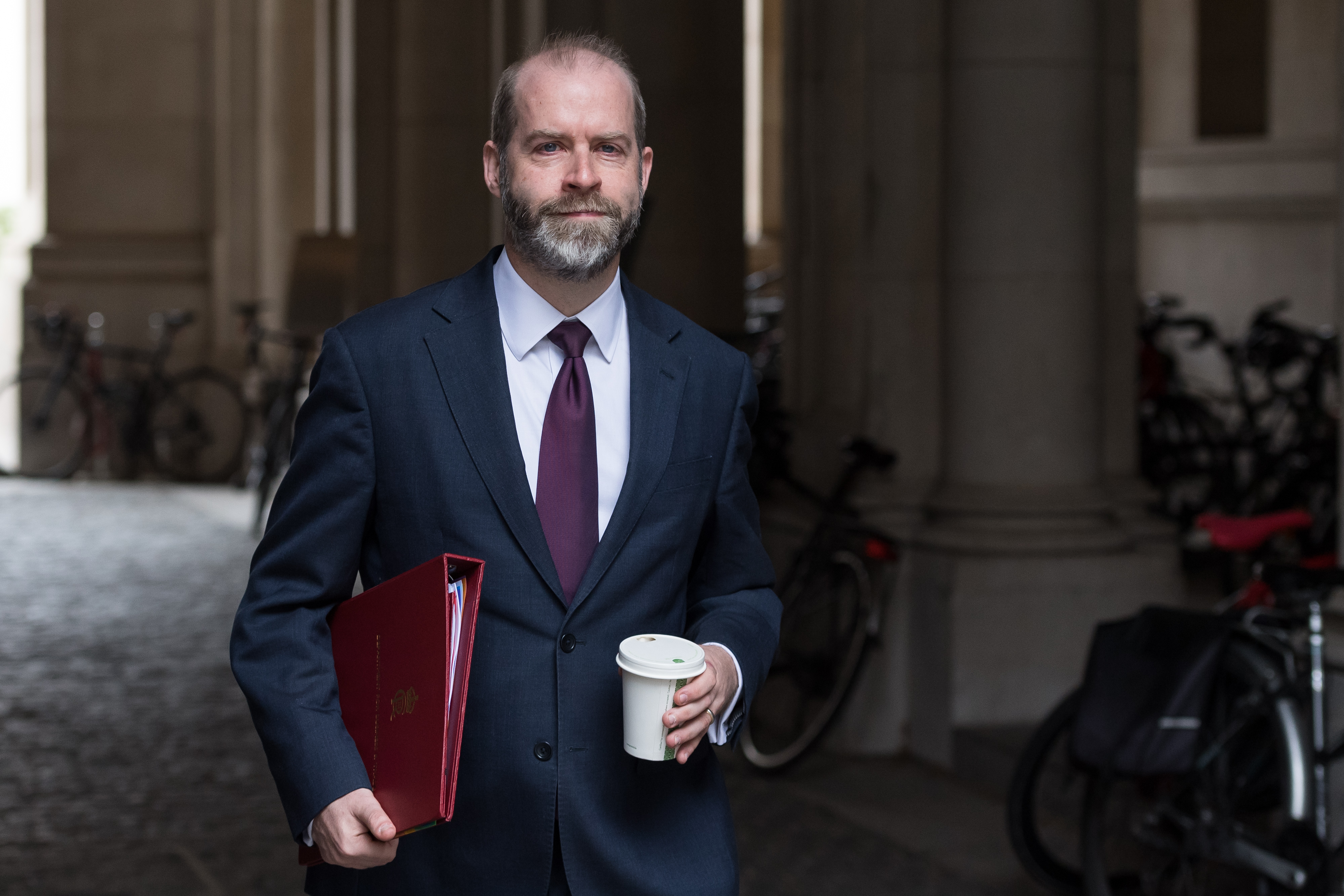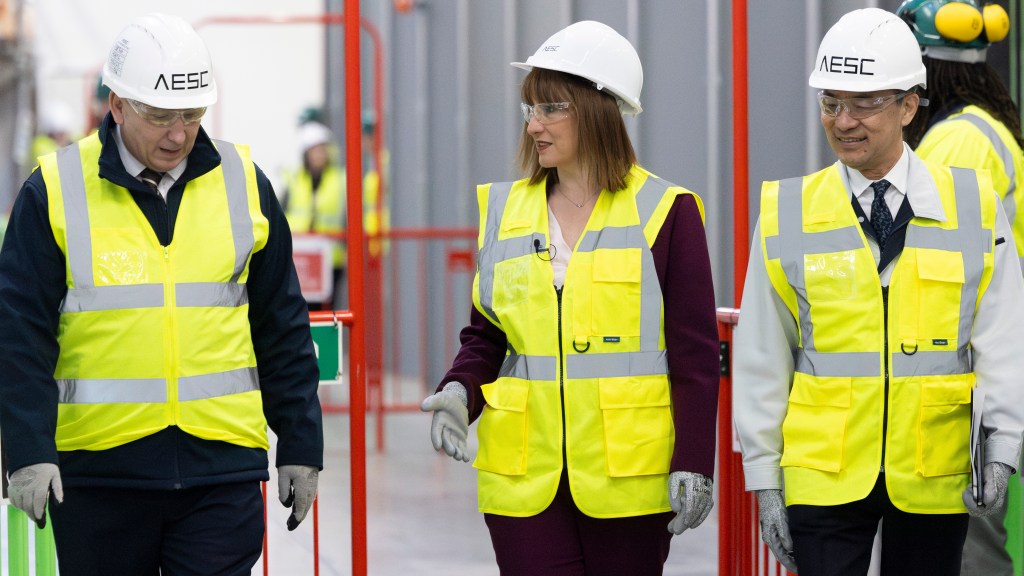UK Allocates £1 Billion for Electric Battery Factory in Sunderland
A substantial funding agreement worth £1 billion has been reached to establish a “gigafactory” in Sunderland, aimed at producing a significant number of electric vehicle (EV) batteries each year.
This facility will be the third built by AESC, owned by the Chinese firm Envision, in the northeast region of England, generating approximately 1,000 new jobs.
The arrangement includes financial backing from the National Wealth Fund and UK Export Finance, which will help unlock £680 million in loans from banks such as Standard Chartered and HSBC. An additional £320 million will be sourced from private finance and new equity from AESC, while the government’s Automotive Transformation Fund will contribute £150 million in grants.
The new gigafactory is expected to produce batteries that will support the operation of up to 100,000 electric vehicles annually, marking a dramatic increase in the UK’s current production capability, according to official government sources.
During a visit to AESC’s operations in Sunderland to announce the funding deal, Rachel Reeves stated that this initiative will provide essential high-quality, well-paying employment opportunities in the northeast, ultimately benefiting the local economy.
Business and Trade Secretary Jonathan Reynolds noted that this funding marks a significant endorsement of the thriving automotive manufacturing sector in the northeast.

This financing announcement follows the government’s recent trade agreement with the US, which lowered tariffs on vehicle exports from 27.5% to 10%. The reduced tariffs will apply to 100,000 British cars each year, slightly fewer than the 101,000 cars exported to the United States last year.
Shoichi Matsumoto, chief executive of AESC, emphasized that this investment represents a critical step in AESC’s commitment to advancing the UK’s decarbonization efforts and further developing its electric vehicle market.
AESC’s first gigafactory, inaugurated in 2012, was the first of its kind in Europe, with another one beginning construction in 2021.

Meanwhile, European electric vehicle battery manufacturers are facing fierce competition from Chinese companies that dominate the market, alongside challenges such as disrupted supply chains and waning demand for electric cars.
Notably, in March, Northvolt, the Swedish battery producer considered a potential competitor to Asian companies, filed for bankruptcy after accumulating significant debt.
In April, the UK government moderated its zero-emission vehicle mandate, which diminished penalties for manufacturers that fail to meet electric vehicle sales targets and extended the timeline for phasing out petrol and diesel vehicles from 2030 to 2035.
The current mandate requires car manufacturers to ensure that 28% of their vehicles sold this year are zero-emission, escalating to 33% next year, 52% by 2028, and 80% by 2030. As per the Society of Motor Manufacturers, electric vehicles now represent approximately 20% of vehicle sales.




Post Comment